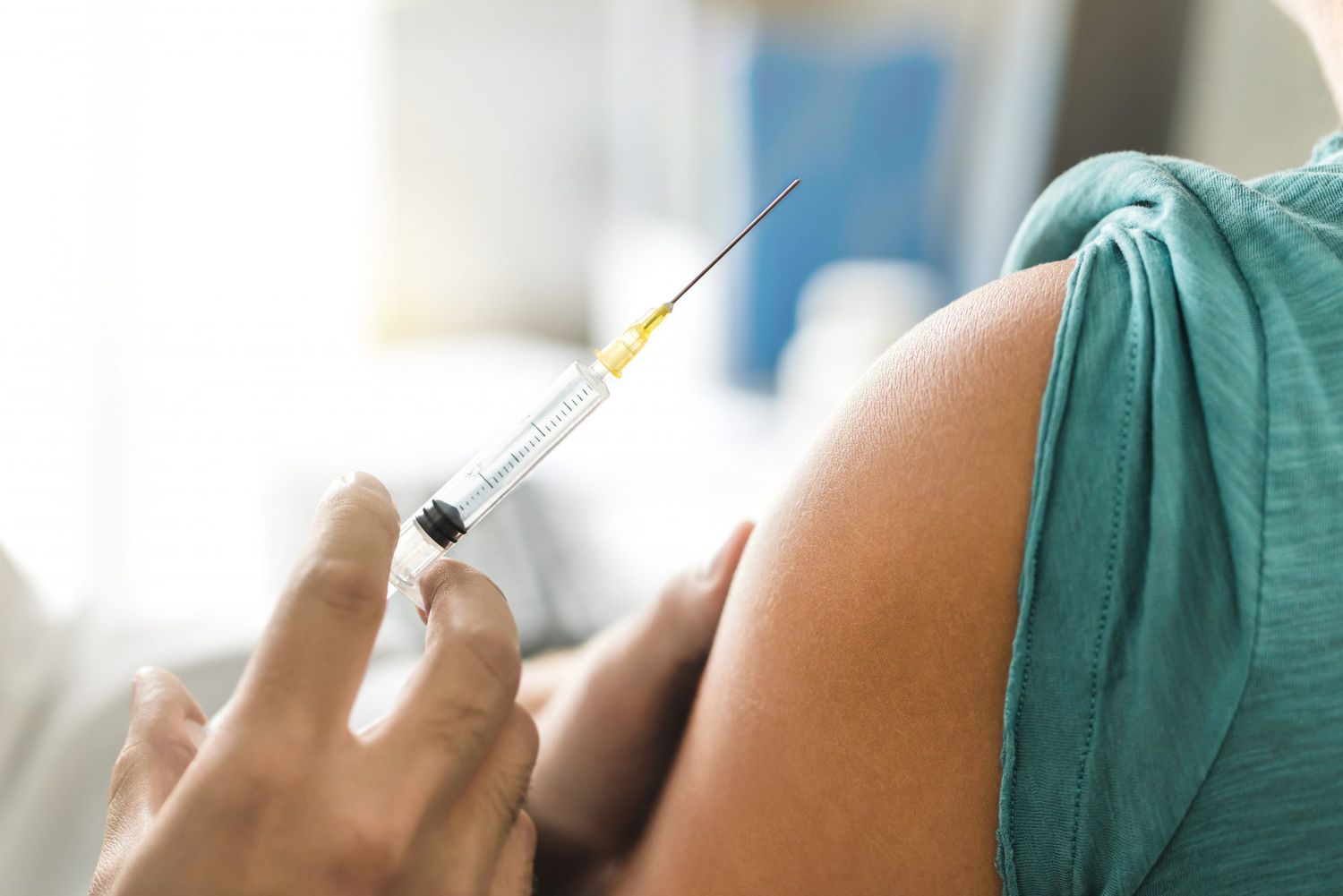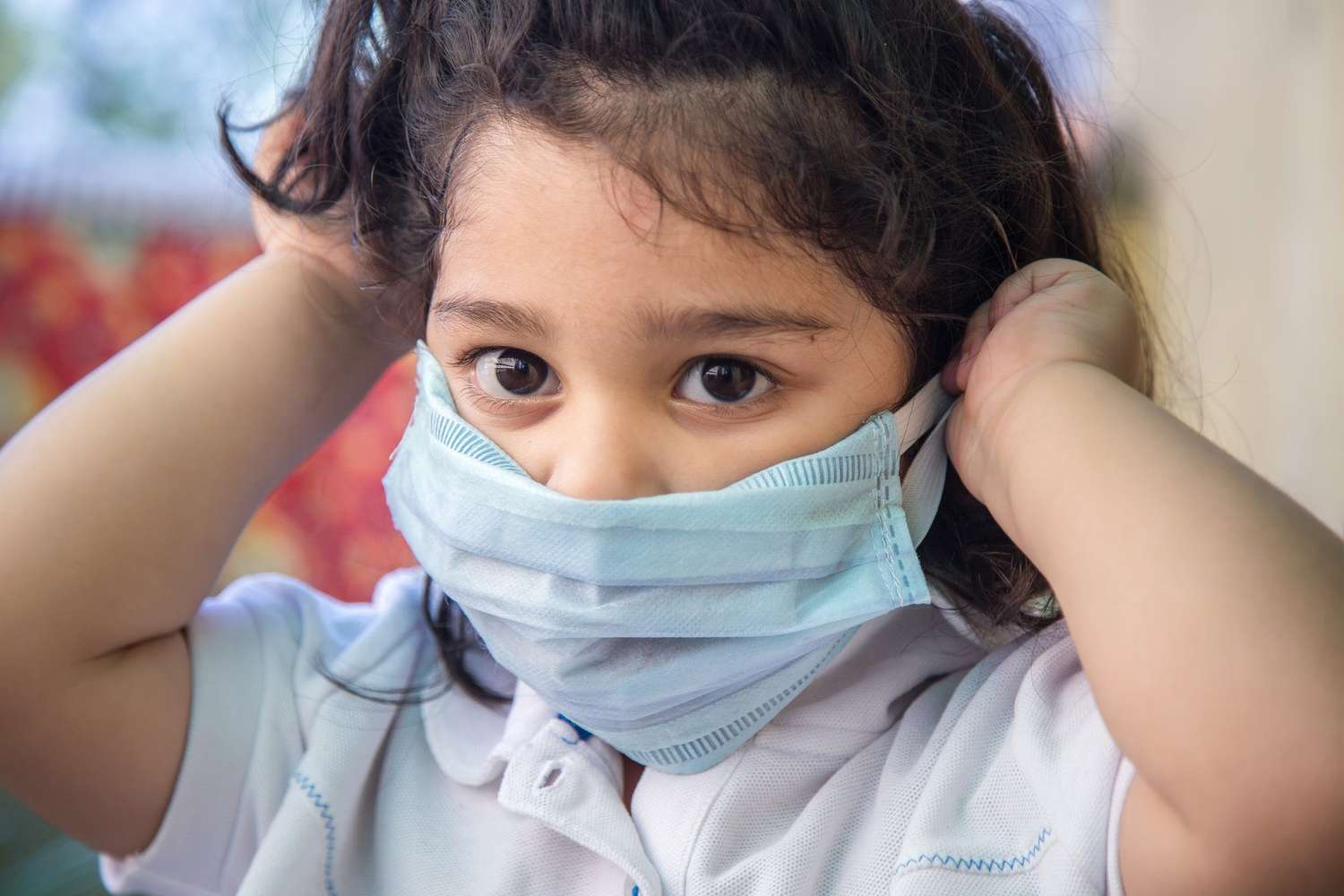
Preventing the spread of the novel coronavirus among children returning to school this year is only one concern among health officials — another is preventing the flu.
Earlier this month, Massachusetts became the first state to establish a mandate, which requires that students under the age of 30 get the flu shot before December 31. This applies to children over the age of 6 months attending childcare, K-12 students — even those participating in remote learning — as well as full-time undergraduate and graduate students who plan on attending any on-campus classes or activities.
The flu immunization requirement does not apply to homeschool students or to college students who are only participating in remote learning and will never be on campus. Immunization will also not be required for students with medical or religious exemptions.
Local health officials stressed that as COVID-19 and the flu share many of the same symptoms, and can affect people of any age, it is “more important now than ever” to get vaccinated.
“Every year, thousands of people of all ages are affected by influenza, leading to many hospitalizations and deaths,” Dr. Larry Madoff, Medical Director of Massachusetts’ Department of Public Health’s Bureau of Infectious Disease and Laboratory Sciences said in a government release. “It is more important now than ever to get a flu vaccine because flu symptoms are very similar to those of COVID-19 and preventing the flu will save lives and preserve healthcare resources.”
Although Massachusetts has some of the highest rates of vaccination in the United States, there are already strong critics of the mandate.
Hundreds of residents gathered in protest at the Massachusetts State House in Boston on Sunday, arguing that getting flu shots should be a choice, not the rule. ABC News pointed out that similar arguments have been used across the country in regards to mask mandates, which have been proven to effectively limit the spread of COVID-19.


New Jersey lawmakers have also proposed legislation that would require all children attending public and private schools in the state to get the flu shot. (The state already requires children attending preschool and daycare to get the vaccine.)
The legislation argues that mandatory flu immunization would not only lessen the amount of students who experience “severe” symptoms, but could lead to a decrease in hospitalizations and trips to the ER, which would help save medical resources and keep hospital occupancy rates lower — which has been an ongoing problem across the country throughout the pandemic.
Should the bill pass, some students will still likely be exempt from the mandate. Last year, nearly 14,000 children were granted exemptions from existing vaccination mandates due to medical or religious reasons, according to NJ.com.
All students, faculty and staff who are part of the University of California system will also be required to get a flu shot before Nov. 1. In a press release, the school said that the UC medical plan will cover the costs of the vaccine.
A number of pediatricians have also made the case for getting children vaccinated this year, regardless of whether it’s required by law.
Due to the similarity of symptoms between COVID-19 and the flu, Dr. John Johnson of Berkeley Pediatrics told CBS affiliate WVNS that getting sick will likely be more complicated this year.
“You’re going to have to go through that testing, quarantining, all the problems that come along with it,” he said, noting that some schools may even be forced to shut down if the “spread of all” illnesses can’t be contained.
"If you choose not to vaccinate and you get sick, you spread it to other people. They have a right to be protected,” he added.
As for the effectiveness of flu vaccines, Dr. Edith Bracho-Sanchez, assistant professor of pediatrics at Columbia University Irvine Medical Center, pointed out in an op-ed for CNN that while they may “not be perfect,” getting the vaccine can significantly reduce the risk of complications from the illness, namely hospitalization, ICU stay and death.”

Although researchers and health officials are still trying to understand the effects of COVID-19 on children and the role they play in its spread, children under the age of 5 are at a “high risk of developing serious flu-related complications,” according to the CDC.
This past year, there were a record high number of hospitalizations for children under the age of 4 and higher rates were also experienced by children between the ages of 5-17, according to the American Academy of Pediatrics.
The AAP also reported that it’s unclear whether common COVID-19 precautions like social distancing, protective face coverings and frequent hand washing will affect flu rates for the 2020-2021 season.
And even though demand for the flu vaccine may increase this year, the Centers for Disease Control and Prevention doesn’t anticipate any major problems with demand.
According to the organization, a “record number of doses” will be available this season, with manufacturers saying they expect to provide “as many as 194-198 million doses of flu vaccine” — an increase from last season’s 175 million doses.
The CDC also says that there are no “significant delays” being reported in the distribution chain at the moment and that due to the increased demand, “the time to produce and distribute them will be longer.”
Noting that “getting a flu vaccine will be more important than ever” this year, the CDC also says that it will purchase “an additional 2 million doses of pediatric flu vaccine and 9.3 million doses of adult flu vaccine.”
As of Monday afternoon, there have been over 6 million confirmed coronavirus cases in the United States and at least 183,113 deaths, according to a New York Times database.
As information about the coronavirus pandemic rapidly changes, PEOPLE is committed to providing the most recent data in our coverage. Some of the information in this story may have changed after publication. For the latest on COVID-19, readers are encouraged to use online resources from CDC, WHO, and local public health departments. PEOPLE has partnered with GoFundMe to raise money for the COVID-19 Relief Fund, a GoFundMe.org fundraiser to support everything from frontline responders to families in need, as well as organizations helping communities. For more information or to donate, click here.
Source: Read Full Article
